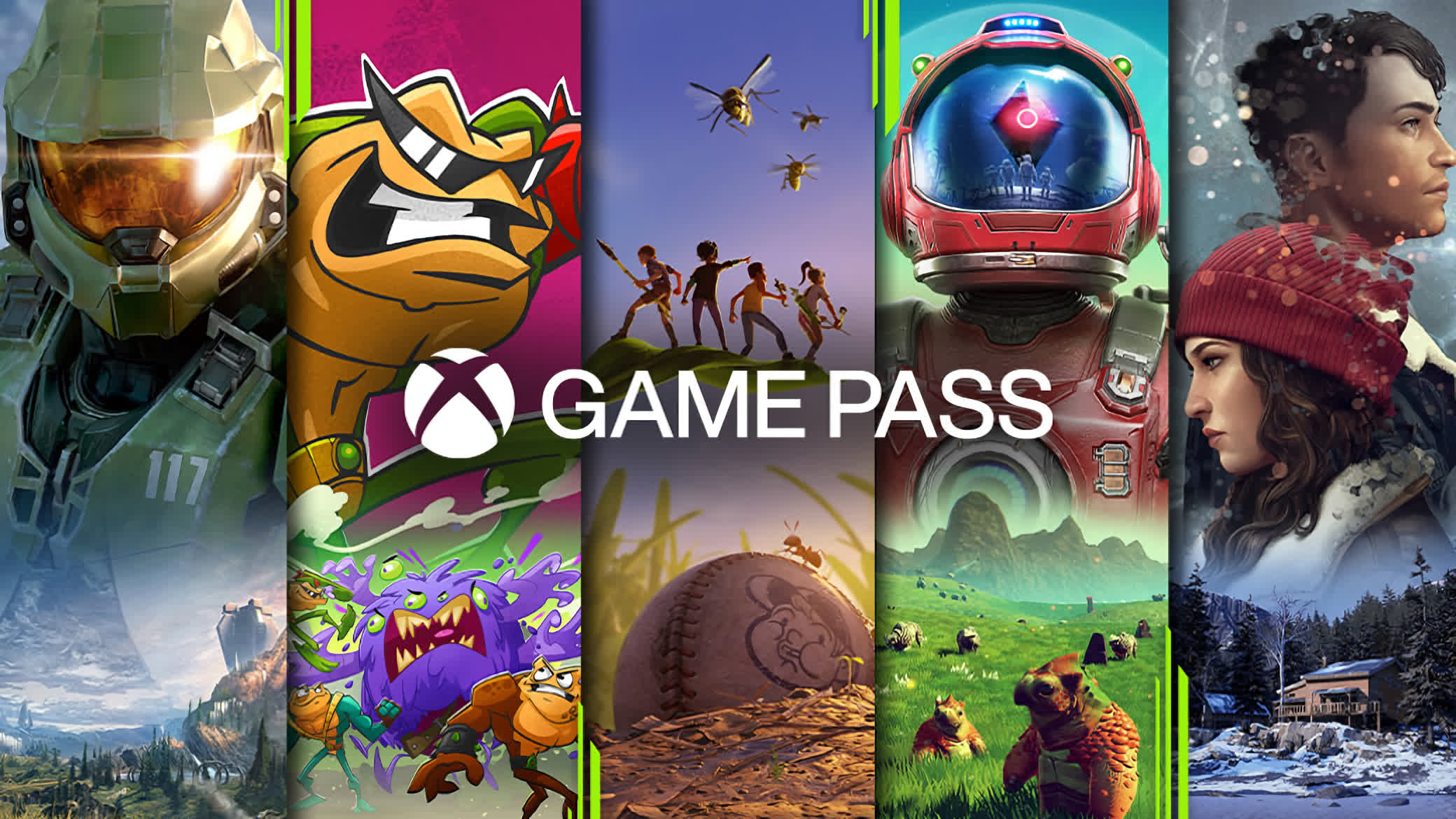The big picture: As the prominence of gaming subscription services grows, so does the anxiety over whether they'll monopolize the industry. Ubisoft recently expressed hope for this eventuality, but Baldur's Gate 3 developer Larian Studios opposes it. Meanwhile, industry analysis indicates that subscriptions and direct purchases will coexist for now.

Games industry analyst Mat Piscatella from Circana (formerly NPD) reports that the growth of video game subscription services has flattened. Based on the current data, he doubts that subscriptions will replace traditional game sales anytime soon, and harping on it doing so amounts to "fear mongering."
Piscatella notes that US subscription services on consoles and PCs only represent 10 percent of spending on gaming content. His analysis suggests that users are in no rush to abandon one-time purchases.
Subs have been more additive than cannibalistic, and offer players, devs and pubs more choice in how to play or how to go to market. Fear mongering on this topic is quite unnecessary.
– Mat Piscatella (@MatPiscatella) January 17, 2024
The observations contrast with hopes Ubisoft recently expressed upon announcing changes to its subscription service. The company's director of subscriptions, Philippe Tremblay, said Ubisoft wants consumers to transition to a wholly subscription-based model and give up on game ownership.
Tremblay equated the move to how consumers are now comfortable not owning music or movies, instead opting to subscribe to on-demand services like Spotify or Netflix. The data suggests that a similar shift isn't currently happening in video games.
Instead, Piscatella said that subscriptions have complemented rather than cannibalized game sales so far in that the two models might collectively offer companies and consumers more choices. The analyst's statement matches Ubisoft's observation that many players temporarily use subscriptions to trial games before buying them, somewhat like a replacement for rentals.
Whatever the future of games looks like, content will always be king. But it's going to be a lot harder to get good content if subscription becomes the dominant model and a select group gets to decide what goes to market and what not. Direct from developer to players is the way. https://t.co/wEUvd5adt0
– Swen Vincke @where? (@LarAtLarian) January 17, 2024
Piscatella sees no need to worry about the phasing out of game ownership. However, the founder and CEO of Baldur's Gate 3 developer Larian Studios, Swen Vincke, responded to Tremblay's comments with alarm.
In a series of tweets, Vincke warned that if subscriptions take over, the companies operating those services will determine what gets made, potentially stifling creativity. He said that today's problems with discoverability on digital distribution platforms could worsen if games become dependent on the cost-benefit analysis of subscription providers. Such a situation could be similar to how streaming services often cancel and remove programs to save money.
Also read: Microsoft might have considered leaving the gaming market if Game Pass didn't succeed
Vincke reiterated Larian's guarantee from December that Baldur's Gate 3 and the rest of the company's catalog won't come to subscription services for the foreseeable future. He hopes the decision can help preserve the traditional practice of buying games, even if some titles and developers might benefit from subscriptions.